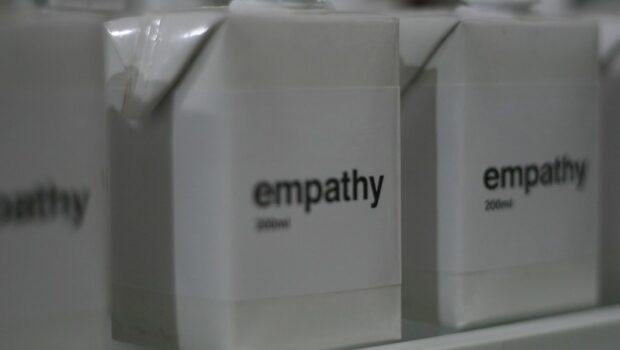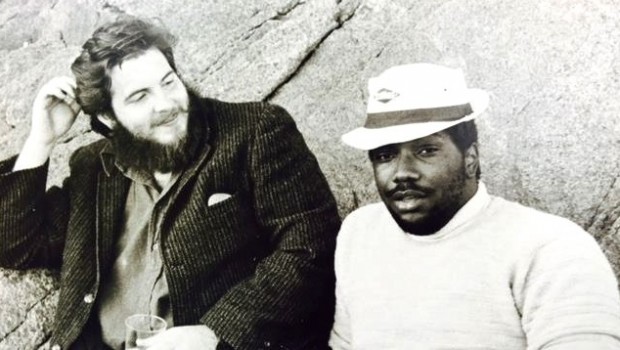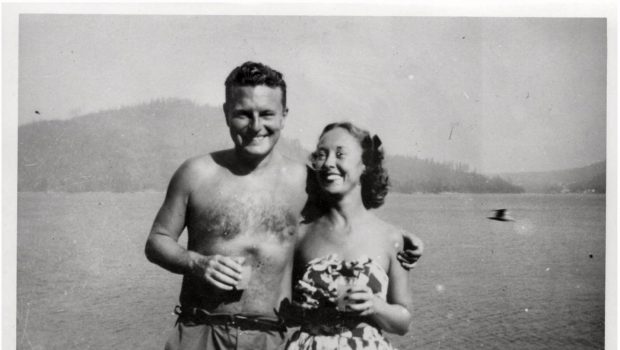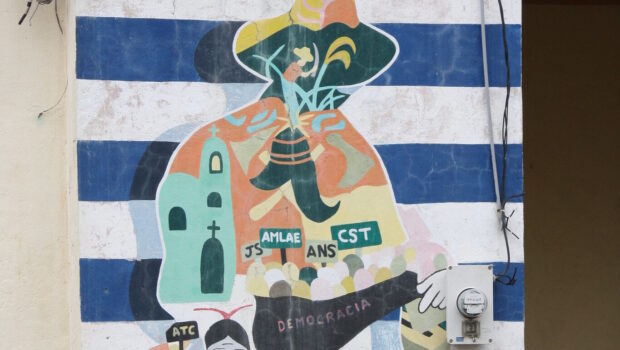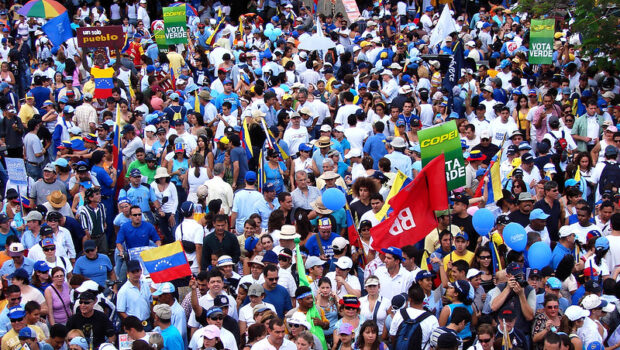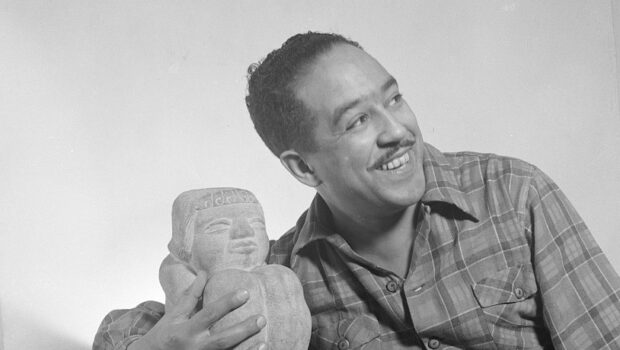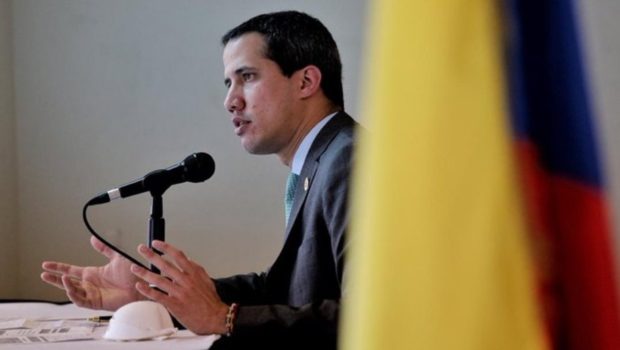All About Empathy
José Antonio Simón
What a year, huh? Don’t know about you, but I’m shuffling back and fourth with my hands in my pockets, whistling and hoping that circling around the sun one more time is going to significantly change my life and the course of society. I mean, stranger things have happened, if this year is any indication. Out of a sense of nostalgia, vanity, idleness or all of the above, I’ve taken to writing pad to send long and short messages to friends and family (yes, in the physical realm). It was precisely in one of those where was trying to sum up my year to a good friend of mine when my pen ran dry. I switched pens and expressed how fitting an analogy that was for 2020, in which humanity dutifully marked the beginning of the decade by collectively reaching into our bags filled with New Year’s resolutions, cheer and hopefulness, only to find them empty of precisely what we needed most. Perhaps the freshness in my mind is what makes me believe it, but one might easily argue that this new decade has contained enough rough starts to fill a lifetime. Or perhaps I was simply stripped of the distractions I normally have, and had no choice but to fully take in the madness taking place at our doorstep. Like so many others, I am trying to make sense of this past year as I look back on it, because surely there are things of value that we can learn from all of this? I’ve found the subject of empathy and responsibility to be a common theme, so I am going to try to break these things down as best I can, because my ink has been running dry, it’s high time I switched pens.
Let’s start with empathy. I don’t know exactly when, but I recall listening to the Invisibilia podcast episode titled “The End of Empathy” in which we were told two versions of a story involving Jack, an Incel, and the end of his relationship. From the description, one would assume that the purpose of said episode was to document empathy’s fall in popularity. To hear it described in the episode, however, the assertion was being made that empathy is a non-renewable resource which we ought to spend very carefully, lest we waste it. Jack the Incel was said to be the wrong recipient of our better impulses. I recall this episode quite often; it was the first example of a public piece of media consumed by me that openly stated that certain groups of people were beyond redemption. The more time seems to pass, the more we seem incapable of feeling empathy for one another. As to the cause of this cultural shift, people are quick to look to social media and the rise of mobile technology as a clichéd scapegoat. Often one hears that it’s those algorithms, hacking the way we think. It is far more complicated than that, however, in the same way that we aren’t getting fatter as a society because our cake is getting richer and denser in calories than before. From the time that I have been lightest in my life to my heaviest, I gained approximately 90 pounds (40 kilos), and I can assure you that none of that weight was due to advances in fried chicken technology, nor was the fat in my fries designed so that my metabolism could be “hacked”. I was simply emptied of my happiness by a number of challenges set before me, and I tried to fill an existential void by not leaving a single space within my organs empty. It certainly didn’t work, and while I cannot say I enjoyed that great fattening on a certain level, a lack of responsibility with my body was the root cause. I have since curbed those impulses to the best of my ability, but cannot blame anyone but myself. Similarly, in society we have siloed ourselves in an effort to become “more connected”. It is likely well beyond the scope of the average observer to pinpoint the exact moment when this occurred. As we consumed our pastimes, we were being consumed by them. We are the ones who told these hacking algorithms what we wanted, and we were delivered exactly that. And now here we are. I don’t want to sound overly simplistic, but my point is that we didn’t see the rise of these uncurbed dark behaviors that happen online because we spent all our empathy on the wrong people. It is because we told ourselves that our vanity was right all along, that indeed we were the sole arbiters of the truth, and that our kindness was the clutch of pearls being tossed to those disgusting internet pigs. And though we lambast Facebook and Twitter for their lack of editorial oversight, they didn’t do this to us outright, they simply mirrored what was already there. We whispered into their ear what we desired most, and now we have this golem of our own creation to contend with.
So who is responsible? Well, all of us, to some extent. And as if it weren’t enough that 2020 was such a dumpster fire of our own making, while we were wondering when we would escape this global trough, we found ourselves collectively staring at the image of a pseudo Viking who likes to eat organic food installed in the very seat of one of the United States’ branches of power. For those of us that still had the capacity to be shocked, the mob at the gates marked a new low for the country. Many a finger is quick to point to the root cause; most say it is racism, some say fascism, others say ignorance… I find it ironic that, at a time when I feel the most helpless with regards to the world, I am collectively being held increasingly responsible for everything that goes on around me.
To be clear, I was born in Mexico to a family that is roughly split 75% Middle Eastern and 25% Mexican/Spanish in its descent. Many would argue that this does not qualify as white, but I am what some might call white-passing, or to some, a Whitexican. As such, I am expected to acknowledge and check my privilege in public spaces, and further to recognize how my participation in “the system” actively oppresses peoples of color. Again, I don’t want to seem overly simplistic, but I cannot understand how I am both oppressing and being oppressed by myself. The topic is so vast that one might dare call it a barrel of worms, and while it’s an interesting subject to discuss open and honestly, I am using it here only as one example of how we currently seem to distribute responsibility. People will argue that these are ideas meant to shed light on a historical and societal problem, not to assign blame; but as several public intellectuals have pointed out, the precarious nature that characterizes our public discourse, in which we all have to insert legal disclaimers about our respective privileges while condemning the actions of other people, is oddly reminiscent of a religious mea culpa for the purposes of atonement. I accept my part in popularizing social media, and have wasted a saddening number of hours staring at a tiny screen; but in all fairness to myself, the rise of poverty and violence have happened in spite of my best efforts to be an upstanding and understanding individual. What I cherish the most (besides food, as we have already established) are long conversations with people in which we share emotional perspectives on what unfolds in the world that are unique to us, and despite thousands of bottles of wine shared with countless individuals (statistics would likely average it out at 150 people), there have still been angry masses in our largest cities protesting varying causes with varying degrees of violence. Perhaps I could take some level of responsibility for a butterfly effect that started on July 17th of 2005, when I decided not to give a quarter to that one homeless guy in Boston, but at this point, who could truly say?
We didn’t ask Organic Viking to march on the Capitol; in fact it came as a great shock to us that something like this could happen at all. And while we are not directly responsible, perhaps it is that surprise that should be our lesson. We chose to look away from the masses that showed up at our doorstep spouting conspiracy theories. Even now we are trying to sweep Trump and his fans under rugs that don’t exist. And how can we truly understand what the mass of people at the Capitol were aiming to do when we cannot fully define them as a group? What does this Viking have in common with the moms in their 50s from Orange County that came there to hug each other? Or with the man who was carrying zip ties for some unknown nefarious purpose? Besides the obvious support of Trump, of course. Gullibility, you say? It hardly seems enough to satisfactorily homogenize these individuals in our mind. Indeed the dangers in trying to silence these peoples’ ideas is that they validate the sense of martyrdom that seems to pervade the atmosphere amongst this fast conservative flock. Indeed Trump is more a prophet than a leader in this space. Even if we were capable of successfully striking his name from the record of the universe, there is a critical mass of unhappy people that will carry the tiki torch, as it were, in spite of the loss of such of their “tell it like it is” hero. Speaking of torches and generalizations, this group seems to be the other side of the identity coin; people obsessed with skin color, or with the sense of loss at the shifting nature of what it means to be a member of this Western culture.
In the event anyone is thinking at this point that I am some sort of apologist for these people, let me take a moment to say that my empathy, like that of so many others, is meager at best toward everyone involved, and it’s a miracle that there were as few deaths as there were. Even in my most generous attempts at understanding the mob, I still cannot understand why they thought this insurrection would be a good idea, but it behooves us all to try. Surely some people are thinking I’m going to win some award for naiveté for even daring to say these things, and perhaps I will accept such an award someday, but it will probably be more for my capacity to believe that diet drinks are truly free of calories than for writing these ideas down. Disgusting and shameful as he may be to me, Donald Trump is not the sole author of this moment in time.
And since we’re talking about naiveté, let us not forget that just because someone is president, it doesn’t mean he’s now the “daddy” of us all, or that we are all simply acting under his orders. There is no world in which the people involved in this act of atrocity against the nation shouldn’t suffer the consequences as called out in the law. That said, how do we move forward? How can we have these people successfully atone for their actions in a way that enables us all to reintegrate as a society? It is overly simplistic to think of these people as a fringe group. Much has been said about the record turnout we saw during this last election despite the global pandemic which resulted in a clear and decisive win for Joe Biden, but we would be perilously remiss to forget that Donald Trump is the person to receive the second largest number of votes in the history of the United States (Biden is, of course, first place). It would be truly naïve to think that over 74 million people are simply going to pack up and leave the country. Responsibility is a particularly slippery thing to place, too slippery for it to be productive in this case; but if we must, then let us point the fingers at ourselves.
It seems contradictory that we have to be able to ask ourselves just how responsible an angry orange man is for someone believing a hoax. I am not justifying anyone’s actions, if anything I am trying to restate the obvious, which is that none of us are without fault, and thus should be careful to not paint ourselves into a corner. It is for the sake of intellectual honesty and self interest that we must leave the door to redemption open. The insurrectionists are fucking idiots, but they are also someone’s parents, siblings, neighbors and friends. We have to be able to judge their actions without sacrificing the entirety of their existence. The perfect example of the antithesis to what we need could very well be a picture of a bicycle in a cycling subreddit in which, by the fourth comment, someone was stating how glad they were that so many idiots were being wiped off the face of the earth at the hands of COVID, in response to the claim that group bike rides are relatively safe. I think that’s a bit much. Or at least it is if we ever have the hope to keep our society peaceful. I believe so much more in the carrot than in the stick (again, food), and even though it’s hard to recognize the world in which we find ourselves, we are all a bit to blame. This is not to make anyone feel guilty, and I certainly am not wagging my finger about, because how could that really help anything? But when presented with the choice of showing empathy, we have all instead opted to silence and alienate “the other”. If anything, I humbly suggest we make use of the renewable resource that is empathy, now that we can all agree that putting Trump and his supporters down for four years didn’t make them go away. We all stand to gain so much more than what we will “lose” by showing our fellow man compassion and empathy, regardless of their crime.
*Image by Pierre Phaneuf
 José Antonio Simón in an English Editor and a collaborator of Literal. He is a musician and directs the podcast Literally Everything. His Twitter is @jaymusica
José Antonio Simón in an English Editor and a collaborator of Literal. He is a musician and directs the podcast Literally Everything. His Twitter is @jaymusica
Posted: January 20, 2021 at 8:56 pm


